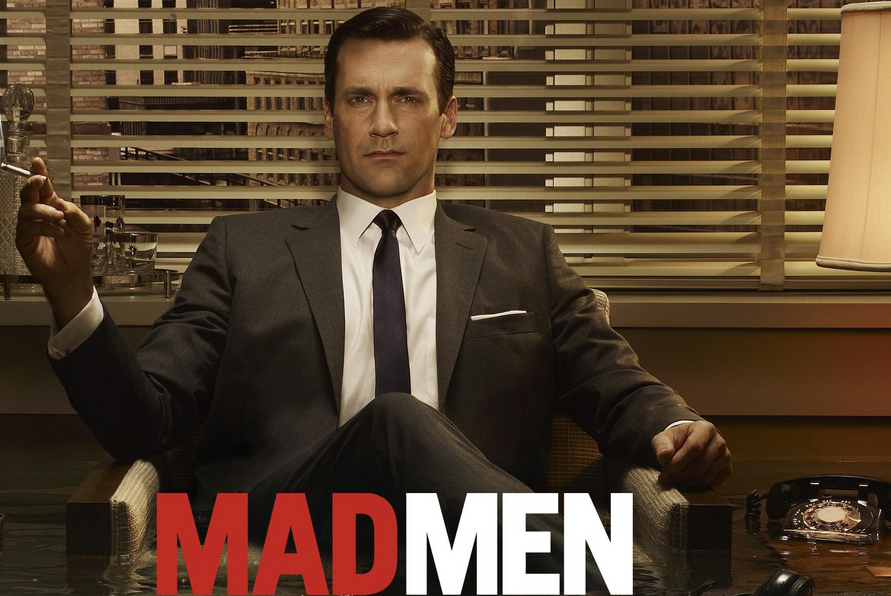
While, to be sure, the decade was characterized by a mass identity crisis (particularly as it drew to a close) made more palpable by the last vestiges of the 1950s mentality that clung to it circa 1960-1963, Mad Men heightens everything about the era to a new level of cartoonishness. Perhaps the one way in which they’ve hit the nail on the head is in the portrayal of blatant sexism in and out of the office.

On other accounts (Pete Campbell reference not intended), Mad Men misses the mark entirely. Let’s take, for example, Joan’s salacious office wardrobe. In 60s actuality, her sort of garb (wearing cocktail dresses in the daytime/showcasing low-cut necklines and a hem above the knee) would never be deemed acceptable in an office setting. Elsewhere, the hiring of black employees would have also been highly unlikely, as this was something that didn’t really start becoming “a thing” until the early 70s.

As for Don’s penchant for stepping out on Betty, and later, Megan, well that’s believable. But the fact that essentially every man on the show has an affair seems more like wishful male thinking on the part of Matthew Weiner than a common reality. In terms of the ease with which both Betty and Trudy (Pete’s wife) are able to get a divorce, this also doesn’t seem on the level with the legal difficulties of getting one sanctioned by the state government back in the day.

While Mad Men is undeniably entertaining (largely because of how rife with drama it is), there is nothing meaningful or viably accurate about it. In truth, its stylized nature is what makes it so brilliant and engaging, but alas, the 60s were only as they are portrayed on Mad Men for, at most, a handful of people. Everyone else was watching it all happen from the comfort of their own home (occasionally with a TV dinner). But maybe in the future, when the current decade is portrayed, the parody of everyone being glued to a screen of some sort will seem more on-point than it did when it was actually happening (even though Fahrenheit 451 already prophetically covered this ground long ago).






















